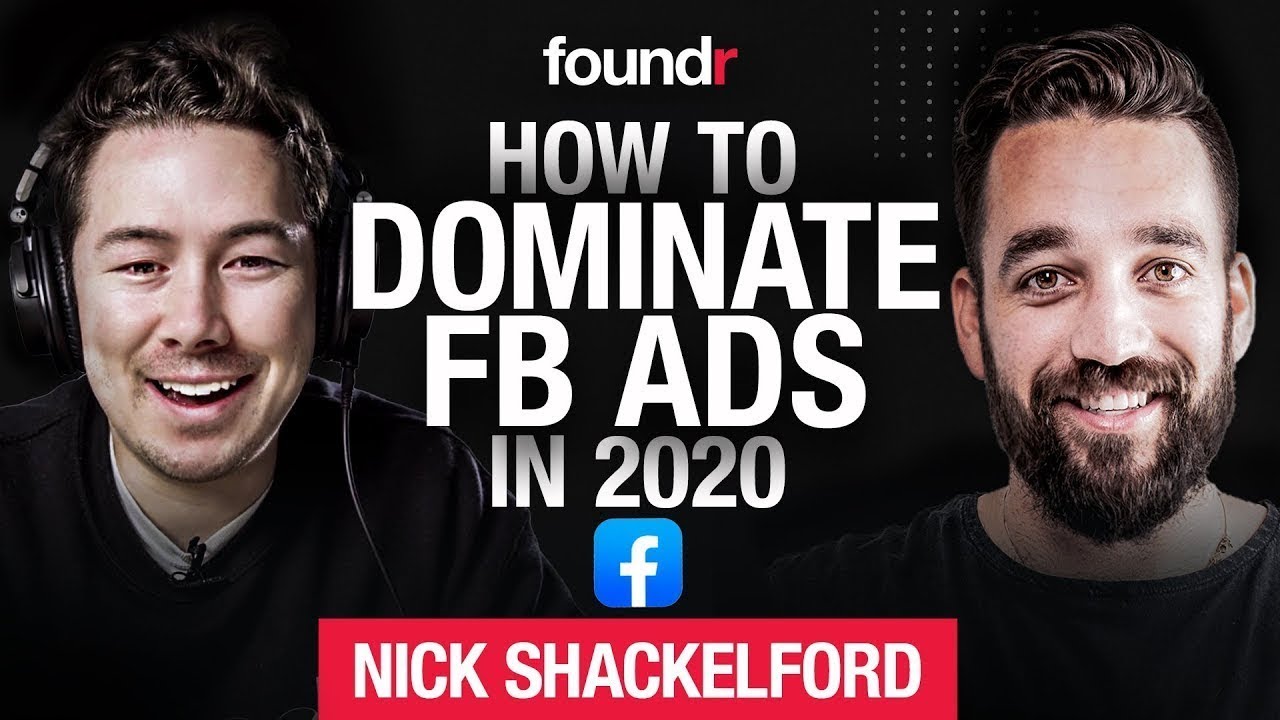How to Build a Product No One Can Replace: 3 Key Strategies l Rewind AI, Dan Siroker
Summary
TLDRIn this insightful interview, Dan Stroker, Co-Founder and CEO of Rewind, shares his entrepreneurial journey from the Obama campaign's pioneering use of A/B testing to founding Optimizely and now Rewind. He candidly discusses the pivotal lessons learned, emphasizing the power of following one's intuition, creating new categories, and building trust through transparency. Stroker's vision for Rewind is to give humans 'superpowers' by transcending biological limitations and providing perfect memory recall. With a bold approach of publicly raising funds, he secured a $350 million valuation, exemplifying his belief in radical transparency to foster user trust.
Takeaways
- 📢 Dan Strocker, co-founder and CEO of Rewind, raised their Series A publicly, resulting in significant interest and a $350 million valuation.
- 💻 Rewind is an AI-powered tool designed to provide users with perfect memory by documenting everything they've seen, said, or heard.
- 📊 The company is experiencing rapid growth, with a 15% month-over-month increase in ARR, and has raised $33 million from notable investors.
- 💡 The initial motivation behind Rewind stemmed from Strocker's personal challenge with hearing loss and the transformative power of technology.
- 🔥 Transparency and public fundraising strategies have built trust with users and investors, fostering significant business growth.
- 👨💻 Strocker’s journey included working at Google and the Obama campaign, where he developed skills and a passion for data-driven decision making and A/B testing.
- 📝 Rewind started as 'Scribe', a tool for transcribing meetings, before evolving to encompass a broader vision of capturing life's moments.
- 🚀 The concept of building new categories rather than improving existing solutions drives Rewind's innovative approach.
- 📖 Strocker emphasizes the importance of focusing on real problems that people face, advocating for solutions that significantly improve or change behavior.
- 💧 Founders should work on problems they are deeply passionate about, as success in startups can mean working on the same issue for many years.
Q & A
What was Dan Stroker's motivation for starting Optimizely?
-Dan Stroker was inspired by his experience on the Obama campaign to start Optimizely. He wanted to build a product that would make it easy for anyone to do A/B testing, something he wished they had during the campaign.
What were the distinct phases of growth for Optimizely?
-The distinct phases of growth for Optimizely were: 1) Rapid growth from 2010 to 2013, reaching $7 million in ARR, 2) Uncontrolled growth in the team from 2013 to 2016, which Dan considers a mistake, and 3) Squandering their lead and Dan falling out of love with the business.
What was the most salient lesson Dan learned from his experience with Optimizely?
-The most salient lesson Dan learned was to have confidence in his conviction. He regrets the times when he went against his gut instinct and followed someone else's advice, which ultimately failed.
What was the inspiration behind Dan's current company, Rewind?
-The inspiration behind Rewind came from Dan's experience of regaining his hearing after getting a hearing aid. He realized how much he had been missing and was motivated to create technology that could augment human capabilities and give people 'superpowers' like perfect memory.
How did Rewind pivot from its initial product, Scribe?
-Rewind initially launched a product called Scribe that transcribed meetings. However, they learned that people wanted the ability to capture and remember more than just meetings, so they pivoted to the broader Rewind platform for capturing everything to provide a feeling of perfect memory.
What was the motivation behind Rewind publicly raising their Series A funding?
-Rewind publicly raised their Series A funding for two pragmatic reasons: 1) to build trust with users by being transparent about the company, and 2) to respond to the many investors reaching out who wanted to meet with them.
What advice does Dan give for creating a new product category?
-Dan advises focusing on the problem, not the solution. Obsess over a real problem that people are trying to solve in inept ways, rather than starting with a new technology and trying to find a problem to solve.
How does Dan recommend founders find a problem to build a business around?
-Dan recommends being honest about whether it's a real problem that people would change their behavior to solve, and choosing a problem that you care about and would be obsessed with solving for years, even if the initial attempt fails.
What is Dan's perspective on the role of AI in relation to human purpose?
-Dan believes that AI cannot replace human purpose, but should be used as an accelerant to help humans pursue their unique purposes more effectively. AI should augment human capabilities rather than replace them.
What is Dan's vision for the future success of Rewind?
-Dan's dream is for Rewind to become as ubiquitous as glasses or hearing aids, a tool that people cannot imagine living without once they experience the superpower of perfect memory that it provides.
Outlines

هذا القسم متوفر فقط للمشتركين. يرجى الترقية للوصول إلى هذه الميزة.
قم بالترقية الآنMindmap

هذا القسم متوفر فقط للمشتركين. يرجى الترقية للوصول إلى هذه الميزة.
قم بالترقية الآنKeywords

هذا القسم متوفر فقط للمشتركين. يرجى الترقية للوصول إلى هذه الميزة.
قم بالترقية الآنHighlights

هذا القسم متوفر فقط للمشتركين. يرجى الترقية للوصول إلى هذه الميزة.
قم بالترقية الآنTranscripts

هذا القسم متوفر فقط للمشتركين. يرجى الترقية للوصول إلى هذه الميزة.
قم بالترقية الآنتصفح المزيد من مقاطع الفيديو ذات الصلة

Tim Van Hauwermeiren, argenx CEO: ‘Everyone Can Innovate’

Story Behind AI Screenwriting App Saga - Russell Palmer

BIOWEG GINSEP-Talk

Assignment 3 Enterprenureship

Everything I've Learned Spending $100M on Facebook Ads | Nick Shackelford Interview

How Nothing Founder Carl Pei Built A Multi-Million Dollar Smartphone Brand In Just 2 Years
5.0 / 5 (0 votes)
